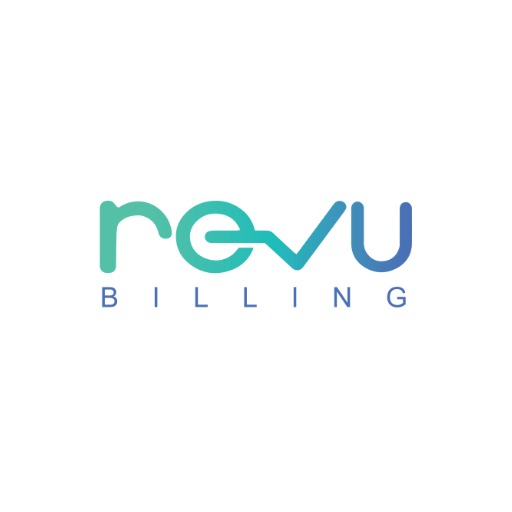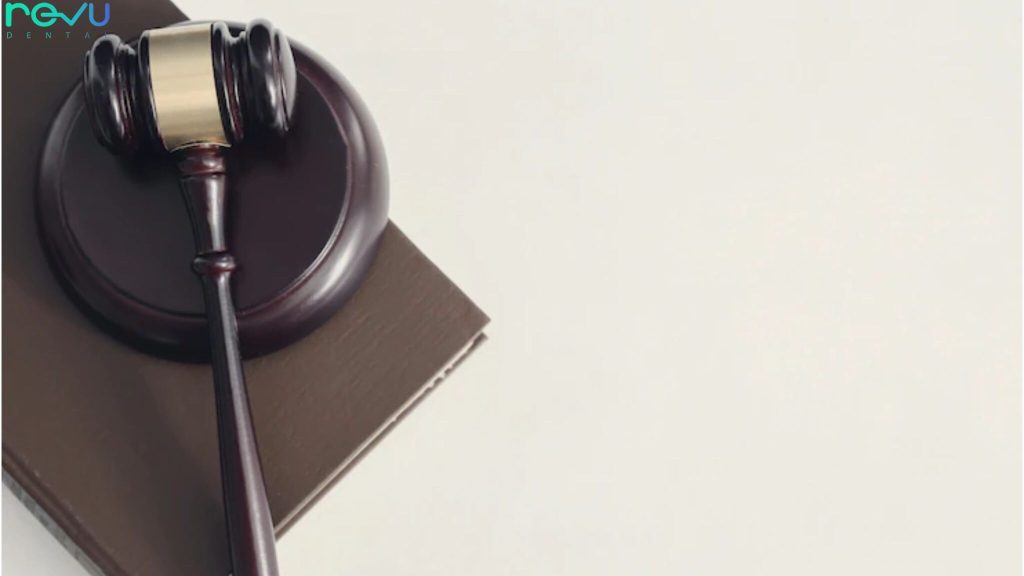ILLEGAL DENTAL BILLING PRACTICES AND HOW TO AVOID THEM
Illegal dental billing practices Large portions of the world’s population lack access to preventative services including affordable, safe, and adequate oral care. Do you realize that even innocent errors with your dental insurance might result in a claim of illegal dental practice? Your first thought is probably, “How could I have done anything so immoral by accident?” It’s more prevalent than you may assume.
How do illegal dental billing practices come into being?
As a dental billing service, Revu Billing has witnessed several audits of clinics and the resulting suspension or even imprisonment of dentists who engaged in fraudulent activity. Illegal dental practices can be seldom excusable by lack of knowledge. We feel strongly about this issue because we value dental billing services and all of the staff at the dental office. We’re eager to lend a hand with your debt collection efforts, but only within the bounds of the law.
Discover how even seemingly little billing errors can lead to fraud and put your practice at risk of legal repercussions in this informative article. Learning this can help you avoid making the kinds of mistakes that might result in the suspension or revocation of your license and the end of your professional career.
- Precision, and efficient insurance invoicing costs are listed.
- View cost for professional testimony
- Misidentifying the dentist who provided the treatment
- Most fraudulent activity in dental insurance occurs at the time of submitting the claim.
- With a Preferred Provider Organization (PPO), a doctor enters a contract agreeing to discount a portion of the usual charge for treatment.
- The total of the patient’s financial responsibility is based on this agreed-upon price.
What happens when a dentist is not certified?
When an associate dentist isn’t certified, the claim filer will designate the in-network dentist as the attending dentist to obtain the patient’s network fee. When insurance doesn’t cover services provided by a specialist outside of their network, cost considerations are often a driving factor in such a decision. As usual, the focus moves from no benefit to maximum benefit. To acquire network membership, it’s dishonest to list the owner’s dentist as the consultant dentist on the dental claim form while another provider did the procedure.
This is deceptive, and you must be forthright about the identity of the treating dentist. If the attending dentist is not in the insurance company’s network, the benefits may be adjusted. The dentist may still be rewarded even if they are not formally covered. Your dental insurance plan may need a higher deductible and cover less than 100% or 80% of your dental care costs. If you see a dentist who is not in their network, they may only cover 80% of the cost of your cleaning.
The Wrongly Estimated Reimbursement Is What Ultimately Leads To The Fraudulent Invoice
Dental billing services for a dental practice make sure their paperwork is in order before sending it off. Most organizations nowadays pay for their dental billing services like Revu Billing to manage the paperwork and payments rather than doing it themselves. The dental practice sets aside money in a trust fund to pay for employees’ dental care. Therefore, Revu Billing may save money by encouraging patients to see in-network dentists by reducing the benefit they receive for visiting an out-of-network dentist.
If you reside in a state that permits non-dentists to treat, you may not know who to put on the claim form. The patient’s primary care dentist must be listed as the treating provider on insurance claims in dentist-friendly states. Whoever is responsible for filing claims must be exact when completing the ‘treating provider’ part of the complaint form.
What you can do to ensure you don’t do this mistake?
Provide a complete and correct name of the dentist who performed the treatment on filed claims.
Learn the rules in your state on how medical professionals who treat you can be identified.
Submit only completely true assertions
Accident cause dental claim from fraud
Let’s role play the following scenario to see how a little typo on the claim form might result in a false claim.
A man walks in with a fractured front tooth after tripping over something in the kitchen. The claim form must state that accident-related medical care was needed. Most dentistry programs leave this area blank. There’ll need to be a manual update there. What follows is determining the nature of the accident.
Dental billing services frequently send the claim out, get reimbursed, and move on if the staff isn’t educated to manually write that information or doesn’t appreciate the need of reporting the accident. The insurance company paid even though the dentist wasn’t qualified since they didn’t report the accident.
The dental insurance company might not have to foot the bill for the claim until the medical insurance company or any other third party has looked into it.
Accidental Notes On The Claim Form
You must note the accident on your claim form. Be sure to provide any additional details regarding what led up to the relevant accident (always over-explain on your clinical notes). Third, dental office fraud is possible if you haven’t had enough training or instruction. It’s puzzling that a dentist may go to jail for fraud because of a simple error in dental billing. We typically attribute it to a failure to receive proper training and/or knowledge. The dentist can’t tell what’s wrong with the claim form because of the typos.
To be fair, though, you wouldn’t realize the significance of these differences without training. However, as we’ve already shown, a lack of knowledge is never a valid reason. In the following, we will examine a case study of dental insurance fraud brought on by an employee’s ignorance. A Dentist called me a few years back. Someone had reported him to the state dental board for insurance fraud, causing him concern. He says, “I felt insurance fraud meant claiming something you didn’t do. I had no clue there were other sorts of insurance claim fraud.” He was reported because his office manager became angry. Why? They misrepresented the treating doctor as the owner for years when they hired locum tenens. With time, this dentist concludes that he desires to sell his business.
This forces companies to restructure and fire numerous workers. After years, his office manager sold the clinic. She denounced him to authorities for submitting a fraudulent tax return and stealing money. Even if he wasn’t aware of the organization’s activities, he was nevertheless held accountable for them because of his name’s association with the group. Finally, he would have to redo all of the claims that had incorrectly named him as the attending dentist and instead name the correct dentist. The consequence was that the payer received repayment for improperly paid benefits.
Down-Coding
Say a patient with periodontal disease has a periodontal care operation four times a year. The hygienist records a periodontal care procedure twice a year as a prophy. Due to the fact that their insurance only covers one cleaning per year, a “Prophy” (professional cleaning) claim has been made. Because the two periodontal procedures were documented as two separate visits, the patient is eligible for insurance.
Due to the down-coding, the dentist ends up with benefits for which they are not eligible. The dentist gets compensated for unfinished work by “down-coding,” which is unlawful. In contrast, up-coding is an option. It is a direct reversal of down-coding in every sense of the term. An affected jawbone tooth may cause this. It necessitates either sectioning the tooth or using a surgical bur to remove bone around the tooth. The extraction was considered surgical despite the fact that it was not actually surgical. This procedure does not qualify for a surgical extraction, despite the higher reimbursement rate. It’s a fine but distinct line, and all dentists need to know it.
Hire A Good Dental Billing Service
ILLEGAL DENTAL BILLING PRACTICES
Invest in a dental billing service that has had professional training in billing and coding such as Dental Revu. Be sure everyone on your team is aware of illegal dental billing practices and compliant with any upcoming coding or insurance regulatory changes. Attend a class whenever it’s convenient for you! In a dental office, down- and up-coding are both common. Mistakes in your dental practice’s coding system might potentially lead to illegal dental billing practices.




